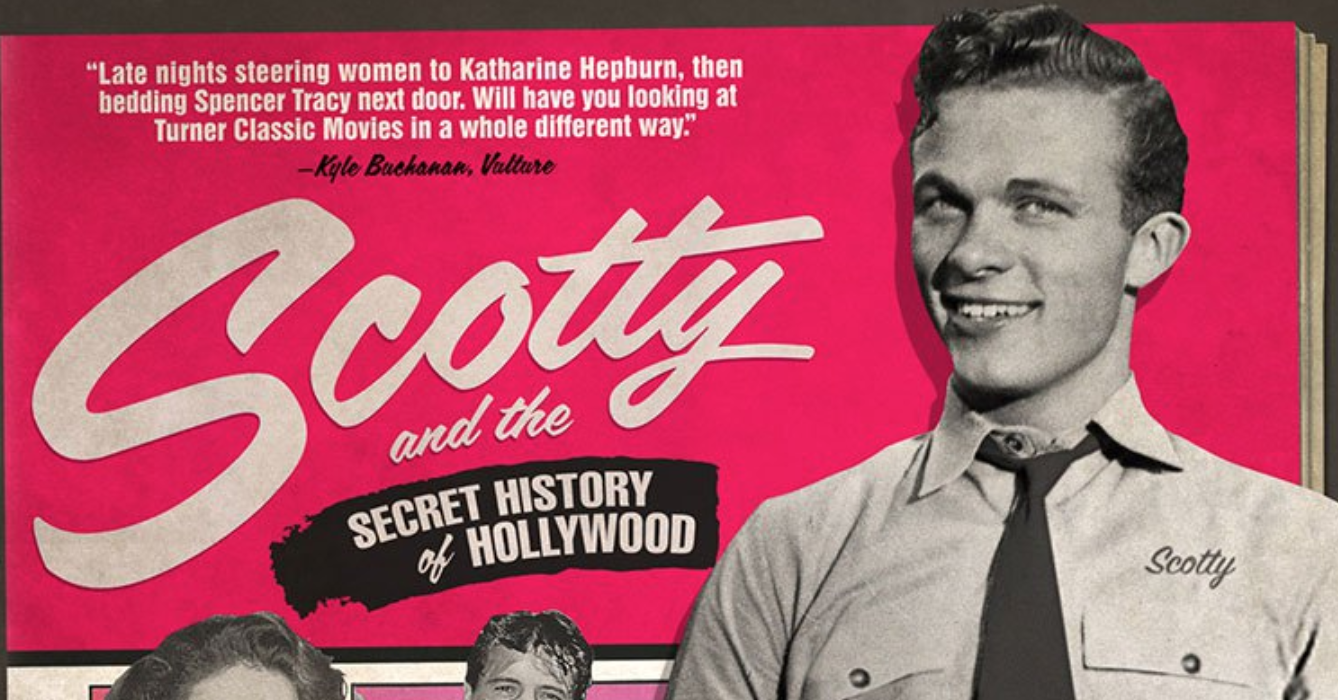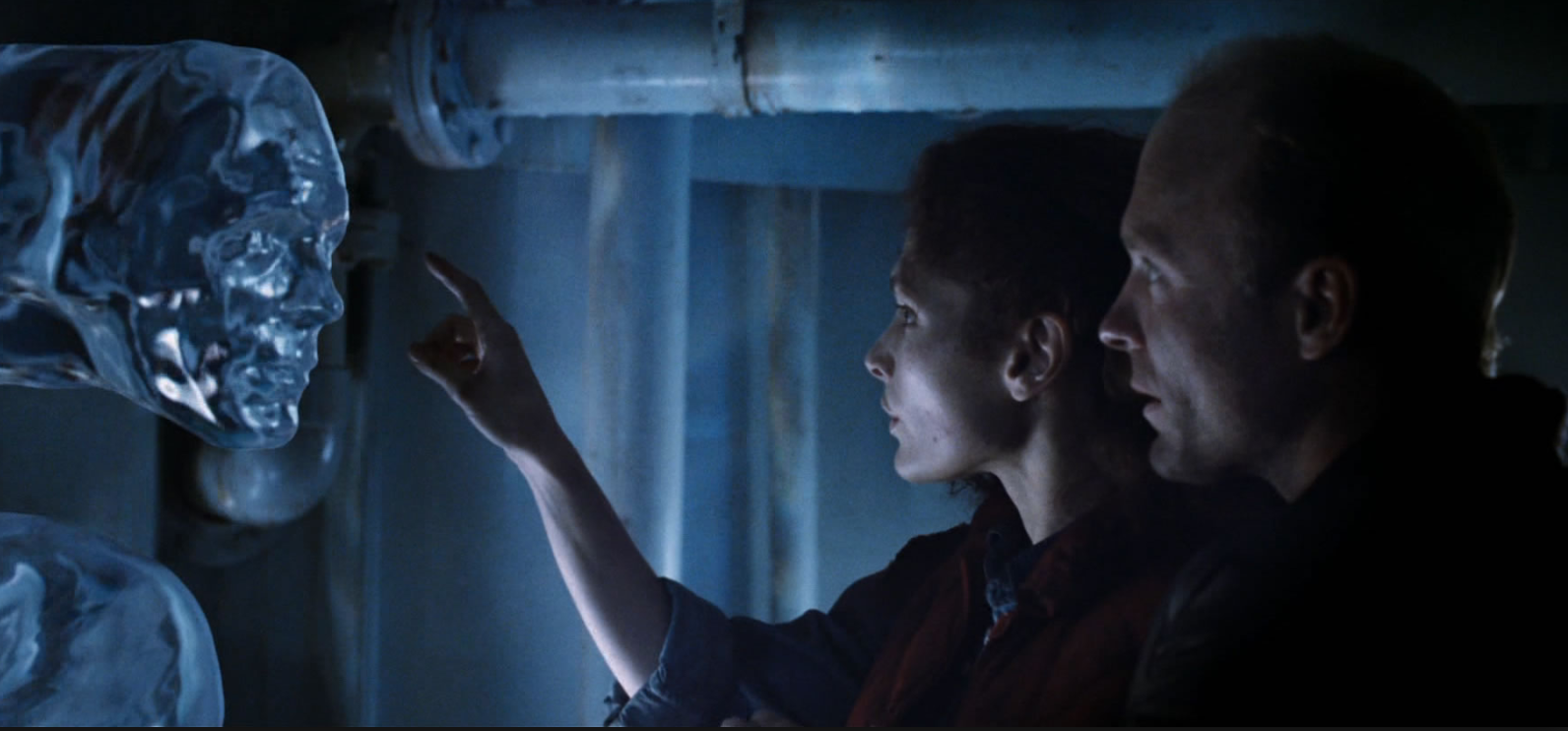Eugene Jarecki‘s The King has gotten plenty of praise from this corner. It got me with a mix of insightful social commentary, good music, bittersweet lament and lots of heart — incisive, soulful, thoughtful, a bit sad. Earlier today I spoke with Eugene about Elvis Presley — why didn’t he stand up for the Civil Rights movement in the early ’60s?, did Eugene ever speak with Priscilla on background?, why does the Presley estate refuse to put out a Bluray of Loving You?, etc.
I caught The King a second time last night at the Sunset 5, and was surprised to hear during the q & a that the film has attracted a fair amount of pro-con reaction, some from neutral corners and a lot of it from old-school white guys. In the YouTube comment thread for the trailer, I mean.
Comment #1: “Elvis is and always will be the Greatest of All Time. If Elvis was alive today Elvis would be on the Trump Train…MAGA.”
Comment #2: “This is going to be great 👍I can tell just by the trailer.”
Comment #3: “Wait a second, a film about the world’s best entertainer who served his country and loved America starring Van Jones and Alec Baldwin?? and they’re saying how crappy America is???”;
Comment #4: “I have just watched this on Sky Atlantic in the UK. It’s a brilliant programme and does The King proud”;
Comment #5: “The faces in this documentary, if that’s what it is, don’t even belong in the same film frames with Elvis Presley. No matter what the film is about, I would not see it now, unless of course to further illustrate my point of how the left are working 24/7 to try and destroy anything left that is truly traditional Americana. Elvis had problems, no doubt about that, but he was also everything that the left and most musical entertainers today are not. There are millions and millions of us that know what the left is doing. Let them keep showing the masses just how anti-American they are.”
Comment #6: “It would be nice if all this politically correct cultural appropriation bullshit could be laid to rest. Elvis never stole a thing. But he did give a whole lot to the world with his music. The greatest entertainer that ever drew breath. There will NEVER be another like him.”




